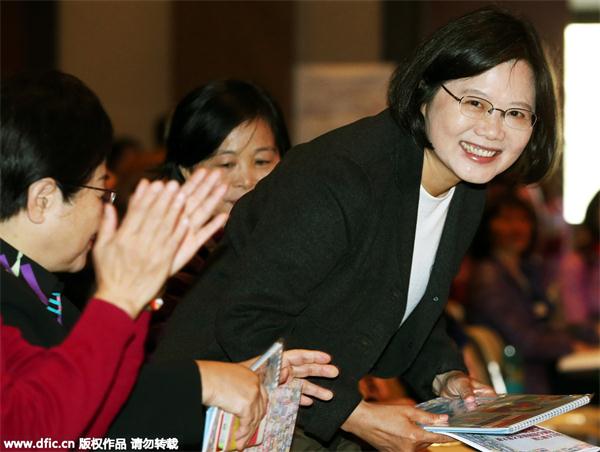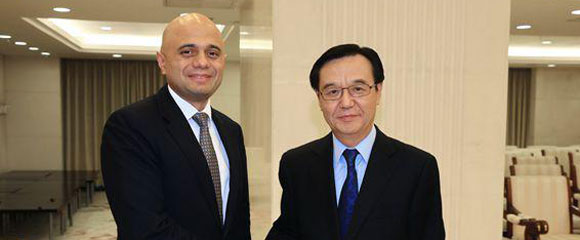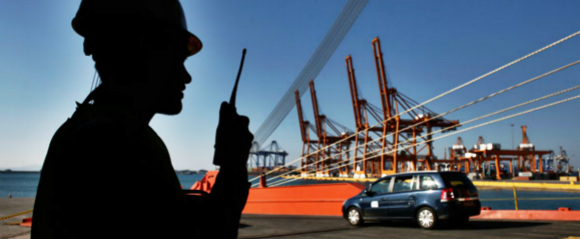Tsai's choice critical for cross-Straits ties
Updated: 2016-03-07 07:33
(China Daily)
|
|||||||||
 |
|
Democratic progessive party leader Tsai Ing-wen attends to the talent competition of children with mental disabilities in Taiwan. [Photo/IC] |
Over the past 16 years cross-Straits ties have experienced both bad and good times.
The relationship was once almost frozen, with both sides trading barbs, due to the secessionist push by Chen Shui-bian and his "pro-independence" Democratic Progressive Party from 2000 to 2008.
It then began to warm up after Ma Ying-jeou from the mainland-friendly Kuomintang party came to power on the island in 2008. He fostered closer exchanges in a wide range of sectors including the economy, culture, education and tourism.
The warmer ties culminated in a meeting between Ma and Xi Jinping in Singapore in November, the first such one between the leaders of the island and the mainland in more than six decades.
However, bilateral ties are once again facing uncertainty as the newly-elected Taiwan leader Tsai Ing-wen of the DPP prepares to enter office in May.
Tsai and her party have yet to endorse the 1992 Consensus, which upholds that the mainland and Taiwan are parts of one China and is considered the political foundation for developing cross-Straits relations.
Even before Tsai's inauguration, DPP legislators have begun to employ all kinds of tricks to cut the bonds between the mainland and Taiwan, including the proposal to remove portraits of Dr Sun Yat-sen, the founding father of modern China, from all government buildings and public schools.
In a show of Beijing's goodwill, President Xi said on Saturday that Beijing's policy towards Taiwan "will not change along with the change in Taiwan's political situation".
But the goodwill of one side alone will not maintain the momentum in improving cross-Straits relations.
If Tsai follows the same secessionist path as her predecessor Chen Shui-bian bilateral ties will only deteriorate once again.
That is why Xi also vowed to resolutely contain secessionist activities in any form.
The future of cross-Straits ties and the benefits people on both sides enjoy from them depend, to a large degree, on the choice Taiwan's new leader makes.
Tens of thousands of mainland tourists visit the island and Taiwan businesses invest heavily in the mainland, the peaceful development of bilateral ties is their common wish, which is also shared by most people on both sides of the Straits.
A responsible leader on the island should seek to build on this.
Thus any move from Tsai and her party to hold back economic integration and damage cross-Straits peace betrays the public's interests and goes against the historical trend.
Related Stories
Onus on Tsai to maintain good cross-Straits ties 2016-03-01 10:25
Tsai faces the test to keep cross-Straits ties on track 2016-01-18 07:58
Mainland highlights 1992 Consensus as Tsai elected Taiwan leader 2016-01-17 03:45
Tsai Ing-wen wins Taiwan leadership election 2016-01-16 19:31
Today's Top News
Britain to take lead in promoting EU-China trade talks
Chinese brands make a mark in Europe
Expanding footprint
Spanish Princess testifies in tax fraud trial
Women driving growth of O2O in China
Trump, Clinton scoop up key wins on 'Super Tuesday'
British PM threatened with 'no confidence vote'
70,000 may become trapped in Greece
Hot Topics
Lunar probe , China growth forecasts, Emission rules get tougher, China seen through 'colored lens', International board,
Editor's Picks

|

|

|

|

|

|






